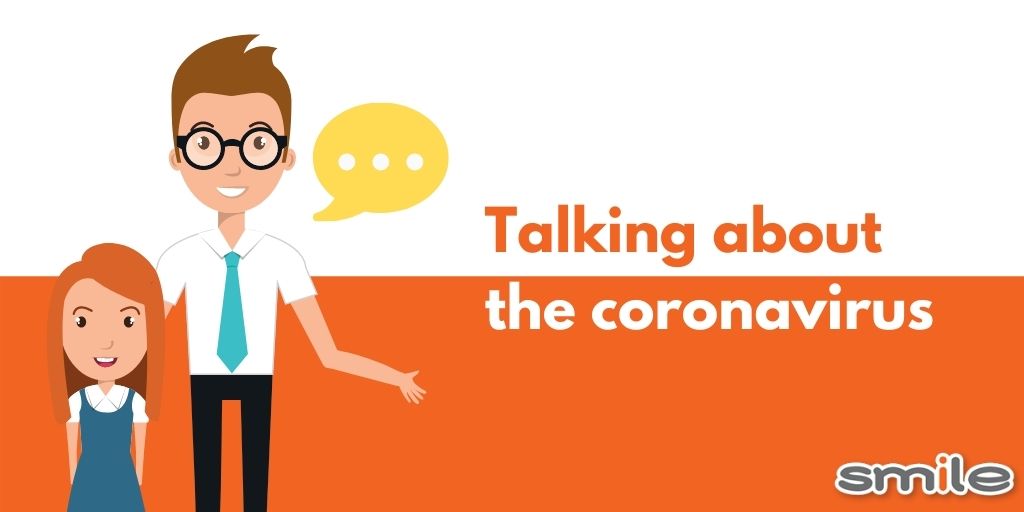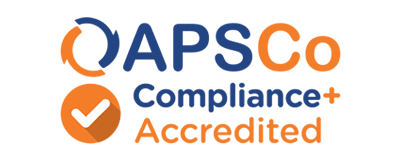Blog
Are you a supply teacher or teaching assistant looking for some help and advice? If so, you are in the right place. Our blogs offer tips and tricks on everything from classroom management to interview tips and support, along with day in the life case studies from real supply teachers, ECTs and cover supervisors. They also give you an insight into what working for Smile is like, the ways which we support local communities and charities and the training and events that we offer.
For more good stuff like this, follow us on social media - you can find us on Facebook, Instagram, Twitter and LinkedIn. Or pick up the phone and give us a call.
Talking to children about difficult subjects like coronavirus is never easy. However, now more than ever, it’s important that children understand, to some degree, what is happening in the world. In fact, they might even have some questions for you based on things that they have seen or heard that may be worrying them. Which it’s why it’s imperative that you know how to handle that situation when it arises.
We’ve put together some tips from around the web on how to handle questions about COVID-19 and how to explain the current pandemic and lockdown.
Should you talk about the coronavirus with children?
In short yes. While it is tempting to shield children from frightening news and uncertainty, the chances are that they have heard about it (especially by this point!) at school or on the TV. There’s also a strong possibility that some of the things that they’ve heard might have scared them. While there will be a lot of truth to what they’ve heard, it’s likely that they’ll have also heard some rumours too so it’s important that you are able to give them the facts and reassure them.
Start the conversation. Answer their questions. Ask questions to make sure they understand. Keep things light and breezy and be sure to show the children that you’re not worried (even if you might feel it).
Where to start?
Find out what the know, or what they think they know. Let them lead the conversation and inject when necessary to clarify or reassure. Doing this ensures that you can bust any myths about COVID-19 that they might have heard.
How much detail should you give?
The NHS advises that you give just enough detail, but no too much detail. Listen to the child and the question they are asking and answer it in a brief and simple way. How much a child knows is likely to depend on their age so the answer you give to a primary school child in year 1, won’t be the same as a child in year 11, who is likely to be more informed.
How honest should you be?
Honesty is the best policy. But again this all comes down to the age of the child. Don’t shy away from any questions. Doing so will likely lead to the child making up their own answer which will usually be worse than the truth.
How much reassurance should you give?
Plenty! Be clear and focus on the facts, particularly that children and teenagers and unlikely to get very ill. However, be careful about making any promises you can’t keep - while it’s likely their friends and family will all be fine, it’s something you don’t know and if something does happen, the child may not trust you again the future.
Hopefully, this short guide will have given you a little more confidence when it comes to talking about the coronavirus with children. If you have any worries, do get in touch with your Smile consultant, we are always on-hand to provide help and advice or even just a listening ear.
Add a comment:
Blog Categories
Latest Blogs
Celebrating Volunteers' Week at Smile Education
Smile Education Begins Strategic Recruitment Partnership with Bordesley Multi Academy Trust
Netflix’s Adolescence: What Safeguarding Lessons Can We Learn?
From Graduate to Director: Kash’s Career at Smile Education
A Complete Guide to SEN Terms and Phrases for Teachers in 2025












